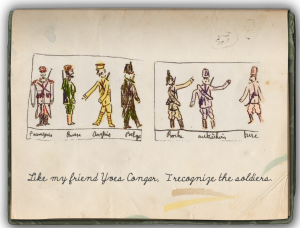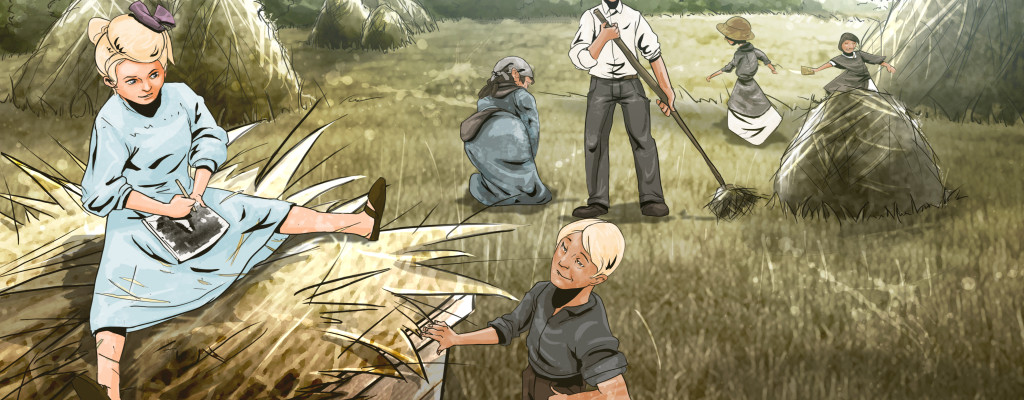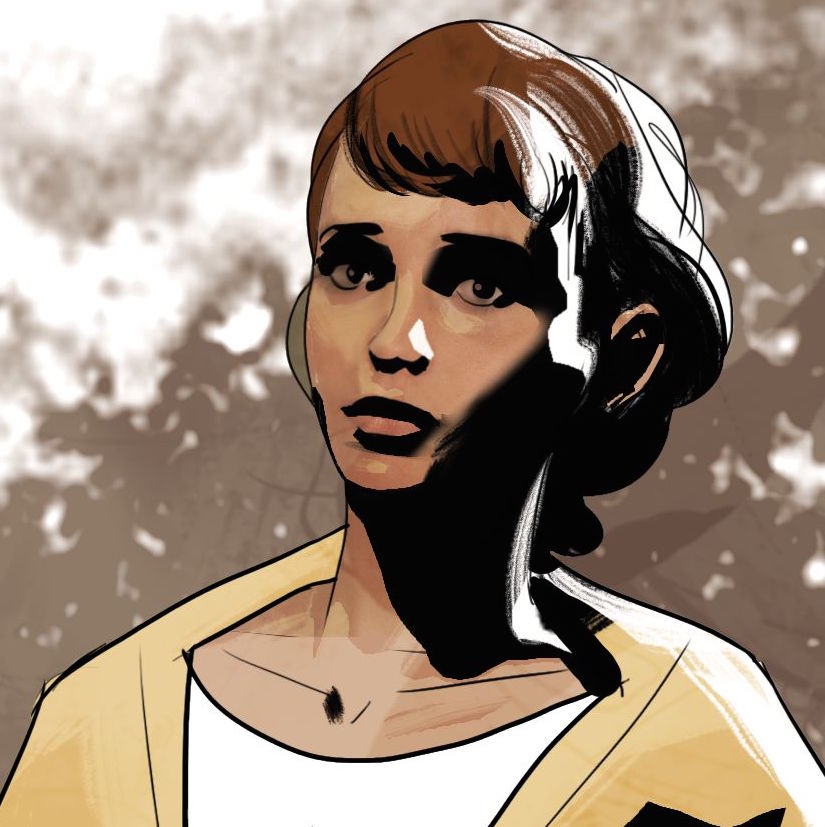Dear Diary,
I could not be more proud of our fine Canadian soldiers, nor more disgusted with the Germans. Based on dispatches arriving from across the ocean, it seems increasingly clear that the Germans are using poisonous gas against the Allies on the Western Front. After this appalling tactic, I have to believe that the Allies will redouble their commitment to driving back the German army once and for all. And to think that this news comes on a day that should instead stand as a proud moment for our proud nation of Canada. For the first time, our Canadian troops are fighting in a major battle, in and around the city of Ypres, Belgium. We may be a commonwealth, but we are also a vibrant young nation that is contributing to defeating the German army and restoring peace in Europe.

Albert Londres in Le Matin, September, 29, 1914
This is not the first time, I feel, that the Germans have broken the rules of war. The Germans are waging a war on psyches as much as anything. Late last year, they bombed the beautiful Basilica in Reims, France. In our archives, I found an article from Le Matin that documented the atrocity. To destroy a house of the Lord, to remove a place for people to gather and pray, that shows just how callous the German mentality must be. How did this happen? How did an entire country lose touch with their own hearts? I know that the hostility between France and Germany goes back at least as far as the Franco-Prussian war. Deep wounds heal slowly, I suppose.

Original drawing from Yves Congar, in Journal de la Guerre 1914-1918 (DR)
For me, the most difficult part is the effect the war is having on the children. While on assignment covering the war on the border of France and Belgium, one of our reporters met a young girl named Margot. An incredible artist, Margot gave him one of her sketches. What sort of world do we live in when a young girl can identify the nationality of a soldier based on the style of their uniform? What will the impact be on the youngest generation as this war drags on? Someday I hope to have children of my own, and I pray that they will grow up in a world of peace. I must believe that once we defeat the Germans, something like this will not happen again.
Thankfully, there was one bright spot from overseas this week. I received a letter from Louise Masson, the nurse whom I interviewed before she left for the front lines. She told me that she had settled into working at Dr. Mignault’s hospital and that she felt confident they bringing some light to the darkness of the battlefield. She had the opportunity to meet Margaret C. Macdonald, head nurse of the Canadian Army Nursing Service, who had been promoted to major — the first woman in the British Empire to have achieved such a high rank. Louise also included a short poem by a fellow medical officer named John McCrae. I hope he has an opportunity to continue writing after the war.
Until my next entry,
Rose




